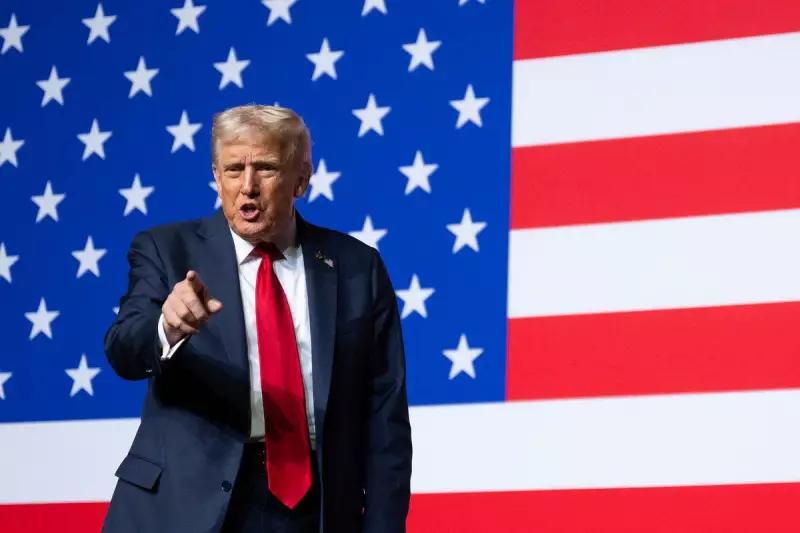
The United States is teetering on the brink of another government shutdown as Republican and Democratic lawmakers remain locked in a bitter standoff over federal spending, exposing deep political fractures that threaten to paralyse Washington.
Political Stalemate Intensifies
With critical funding deadlines rapidly approaching, Congress appears no closer to reaching a consensus, raising the spectre of federal agency closures and suspended services that could impact millions of Americans. The political impasse reflects the ongoing power struggle between the two major parties, both digging in their heels over competing budget priorities.
Public Opinion Turns Against Political Establishment
Recent polling data reveals growing public frustration with the political establishment, as voters express exhaustion with repeated brinkmanship and legislative gridlock. The surveys indicate that a significant majority of Americans hold both parties responsible for the recurring crises, with particular criticism directed at congressional leadership.
Economic Consequences Loom Large
Financial markets are growing increasingly nervous about the potential shutdown, with analysts warning that extended political dysfunction could undermine economic stability. Previous government closures have resulted in billions in economic damage, delayed payments to federal workers, and disrupted essential services across the nation.
Historical Pattern of Crisis Governance
This latest confrontation continues a troubling pattern that has become increasingly common in recent years, where governing by crisis appears to be the new normal in Washington. The frequency of these near-misses and actual shutdowns has raised questions about the long-term functionality of American political institutions.
As negotiations continue behind closed doors, both sides are attempting to position themselves to avoid public blame should the government indeed grind to a halt. However, with trust between the parties at historic lows and political incentives working against compromise, the path to resolution remains uncertain at best.






